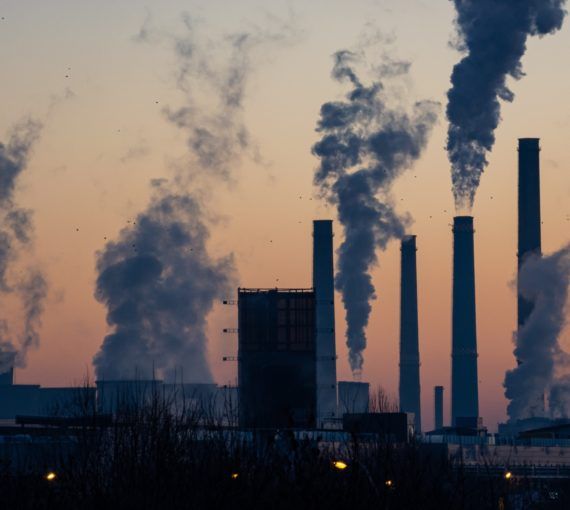
Canada must confront the impacts of environmental racism and advance environmental justice. The Senate can help by prioritizing its study of Bill C-226 and passing it without further delay. (Photo: Diva Plavalaguna via Pexels)
If there weren’t already enough reasons to scale up Canada’s response to the climate crisis, last year, people throughout Canada faced unprecedented wildfires and floods, devastating extreme weather events and longer periods of drought. Already this year, some areas have declared an early start to fire season, while others are recording record temperatures – all exacerbated by an ever-worsening climate crisis, driven by our unrelenting dependence on fossil fuels.
An element of Canada’s climate policy needing more attention is the indisputable fact that not everyone experiences the effects of the climate crisis equally. Those least responsible for causing the problem experience the worst impacts. This disproportionate impact on marginalized and racialized communities is perhaps the most tragic and unjust element of this global crisis.
While the global dimensions to this injustice are clear, there is no shortage of examples here at home. While most people in Canada are only starting to experience and understand the impacts of a changing climate, increasing pollution and ongoing nature degradation, Indigenous and racialized communities have been disproportionately harmed by environmental challenges for decades.
An element of Canada’s climate policy needing more attention is the indisputable fact that not everyone experiences the effects of the climate crisis equally. Those least responsible for causing the problem experience the worst impacts.
This week, the Senate Committee on Energy, the Environment and Natural Resources meets on Bill C-226, An Act Respecting the Development of a National Strategy to Assess, Prevent and Address Environmental Racism and to Advance Environmental Justice.
Consideration of this legislation has spanned three sessions of Parliament since first introduced by former Liberal MP Lenore Zann in 2020. In the current session, it was re-introduced by Green Party MP Elizabeth May and passed in the House of Commons with multi-party support in March 2023. The Senate must not allow this historic piece of legislation to stall any further.
Environmental racism happens when development, policies or practices — by design or unintentionally — lead to increased pollution or heightened health hazards in Indigenous or racialized communities, and unequal access to environmental benefits like clean water and air, or proximity to green spaces. It’s made worse by systemic underrepresentation of affected communities in decision-making. Addressing and redressing environmental racism is a moral imperative as the consequences it brings for the health and wellbeing of these communities are severe.
Environmental justice has long been a gap in Canadian law and governance.
Environmental racism in Canada manifests in the placement of polluting industrial sites and other environmentally hazardous projects near Indigenous and racialized communities, higher levels of exposure to toxic chemicals in certain consumer products marketed to racialized Canadians, and inadequate environmental standards or enforcement for polluting industries and companies operating near racialized communities. This disproportionate burden has been linked to higher rates of cancer, respiratory illness, reproductive diseases and other health issues.
Environmental justice has long been a gap in Canadian law and governance. A 2020 report released by the UN Special Rapporteur on Toxic Waste and Human Rights found “a pattern in Canada where marginalized groups, and Indigenous peoples in particular, find themselves on the wrong side of a toxic divide, subject to conditions that would not be acceptable elsewhere in Canada.” The U.S. established an environmental justice program nearly three decades ago. Canada lacks any parallel requirements or equivalencies.
This important work is long overdue. Canada must confront the impacts of environmental racism and advance environmental justice.
We need a national environmental justice strategy, as proposed by Bill C-226.
If passed, Bill C-226 will help ensure a lasting commitment to advancing environmental justice, with an evidence-based approach and accountability mechanisms (including regular reports to Parliament). It will require the environment and climate change minister to examine the link between race, socio-economic status and environmental risk, and develop Canada’s first national strategy to prevent environmental racism and advance environmental justice. The bill sets out a two-year timeframe for this study and national strategy development, including consultations.
This important work is long overdue. Canada must confront the impacts of environmental racism and advance environmental justice. The Senate can help by prioritizing its study of Bill C-226 and passing it without further delay.
This op-ed was originally published in Hill Times




